What is bee pollen?
Pollen is found in flowering plants and honey bees collect pollen while they’re searching for nectar. Pollen is best when it is gathered from bees but it can also be harvested from plants by machines. Bee pollen contains the male reproductive cells of flowers and digestive enzymes from bees.
Pollen is rich in vitamins, minerals, trace elements, enzymes, and amino acids. It’s also a great source of antioxidants. Its exact makeup varies. This depends on the plant from which the pollen was taken. The protein in bee pollen is harder to digest than other sources of protein.Bee pollen is a natural superfood packed with vitamins, minerals, and antioxidants and is collected and dried from honeybee hives in its natural state, without being compressed into tablets or capsules. It is known for its potential health benefits, including boosting the immune system, promoting weight loss, and reducing inflammation. Bee pollen is found naturally in raw (unprocessed/unfiltered) honey or it can be added as a supplement to teas, smoothies, yogurt, or oatmeal. You're best bet is to consume in its most natural state (in raw honey) or be sure to purchase high-quality, bee pollen to ensure you are getting all the nutritional benefits it has to offer.
Bee pollen has an impressive nutritional profile with more than 250 active substances (depending on the plant source and season collected) and consists of approximately:
- Carbs: 40%
- Protein: 35%
- Water: 4–10%
- Fats: 5%
- Other substances: 5–15% (vitamins, minerals, antibiotics and antioxidants)

Benefits of incorporating bee pollen mixes into your daily routine
Incorporating bee pollen into your daily routine can provide numerous benefits for your overall wellness. Bee pollen's high antioxidant content protects from free radicals and chronic diseases. Here are a few reasons why you might want to consider adding bee pollen to your daily regimen:
- Nutrient-rich: Bee pollen is packed with vitamins, minerals, proteins, and antioxidants, making it a great addition to your diet for boosting your immune system and overall health.
- Energy booster: Bee pollen is known to increase energy levels and reduce fatigue, helping you stay active throughout the day.
- Allergy relief: Some people believe that consuming bee pollen can help reduce allergy symptoms, although more research is needed to confirm this effect.
- Digestive support: Bee pollen has been suggested to have digestive benefits, such as improving gut health and aiding in digestion.
- Disease Preventative: May protect your liver from toxic substances and disease, and may lower heart disease risk factors like high blood lipids and cholesterol
- Anti-Inflammatory: Bee pollen packs several compounds with anti-inflammatory properties including the antioxidant quercetin, which lowers the production of inflammatory omega-6 fatty acids.
- Immune Boosting: May help you avoid illness by boosting immunity and killing bacteria research has shown that it may reduce the severity and onset of allergies. Studies have confirmed that bee pollen has strong antimicrobial properties and can kill potentially harmful bacteria such as E. coli, Salmonella, Pseudomonas aeruginosa, as well as those that cause staph infections.
- May aid wound healing and prevent infections: Bee pollen’s antimicrobial properties prevent infections, a major risk factor that can compromise the healing process for scrapes, cuts, abrasions and burns.
- Eases Menopausal Symptoms: May ease uncomfortable menopausal symptoms like hot flashes, night sweats, mood changes and sleep disturbances.
- May improve nutrient utilization: Bee polled can support healthy metabolism and longevity by improving your body’s utilization of nutrients due to the fact that pollen contains vitamin C and bioflavonoids, which boost nutrient absorption.
By incorporating bee pollen into your daily routine, you can take advantage of these potential benefits and support your overall wellness.
Choosing the right bee pollen mix
Loose leaf bee pollen mixes come in a variety of types, including raw, granulated, and powdered. Each type has its own benefits, so it's important to choose one that aligns with your preferences and needs. Raw bee pollen retains more of its natural nutrients, while granulated and powdered options are more convenient for daily use. Consider your lifestyle and how you plan to incorporate bee pollen into your routine when choosing the right mix for you.
How to incorporate bee pollen into your diet
Loose leaf bee pollen can be easily incorporated into your daily wellness routine by adding it to your morning smoothie, sprinkling it over your yogurt or oatmeal, or mixing it into your favorite salad dressing. You can also blend it with honey or sprinkle it over fruit slices for a tasty and nutritious snack. Additionally, you can try incorporating bee pollen into your homemade energy bars or protein balls for a boost of nutrients.
Loose leaf bee pollen recipes and ideas
Loose leaf bee pollen teas can be added in the morning with your smoothie bowls, yogurt, or oatmeal, offering a boost of nutrients. You can also mix it into salad dressings, sprinkle it over your favorite salads, or incorporate it into homemade energy bars for a nutritious snack. Other ideas include blending it into your morning juice or adding it to your baking recipes for a healthy twist. Experiment with different recipes to find creative ways to include loose leaf bee pollen in your daily wellness routine.
Tips for storing and using bee pollen
If you want your loose leaf bee pollen to stay fresh and maintain its nutrients, store it in an airtight container in a cool, dark place, such as your pantry or refrigerator. To use it, you can sprinkle it over your breakfast, blend it into smoothies, or mix it into yogurt or salad dressings. Just make sure not to heat it too much, as high temperatures can destroy some of its natural benefits.
Potential side effects and precautions
Bee pollen can cause allergic reactions in some people, especially those allergic to pollen or bee stings. Common side effects include itchy throat, swelling, and shortness of breath. It is important to start with a small amount and monitor how your body responds. Pregnant or breastfeeding women, as well as those with pollen allergies, should consult a healthcare professional before adding bee pollen to their routine.
Where to buy high-quality bee pollen mixes
When looking for high-quality loose leaf bee pollen mixes, you can find them at various health food stores, specialty grocery stores, and online retailers. Here are some options for purchasing loose leaf bee pollen mixes:
- Check with local health food stores or specialty grocery stores in your area. They often carry a variety of bee pollen products, including loose leaf mixes.
- Research online retailers that specialize in health and wellness products. Many of these websites offer a wide selection of loose leaf bee pollen mixes, and you can read customer reviews to ensure the quality of the product.
- Consider purchasing from trusted bee pollen suppliers or beekeepers who offer loose leaf bee pollen directly. This can ensure the freshest and highest quality bee pollen.
By exploring these options, you can find reliable sources for incorporating high-quality loose leaf bee pollen mixes into your daily wellness routine.
Understanding the sourcing and processing of bee pollen
When choosing bee pollen, it's important to consider the sourcing and processing methods. Look for products that are locally sourced and organically farmed to ensure the highest quality and purity. The best bee pollen is harvested from areas with minimal pollution and pesticides to ensure it remains free from contaminants. Additionally, the processing method should involve careful drying to retain the maximum nutritional value. Avoid bee pollen that has been exposed to excessive heat or processed with chemicals, as this can degrade its natural benefits.
Summary and final thoughts
So, incorporating bee pollen into your daily wellness routine can bring various health benefits. It's important to remember that bee pollen contains essential nutrients, including vitamins, minerals, and antioxidants, which can support your overall well-being. However, it's crucial to consult with a healthcare professional before adding bee pollen to your routine, especially if you have allergies or are pregnant. When purchasing bee pollen, ensure that you're sourcing it from a reputable supplier to guarantee its quality and purity. Lastly, start with small amounts to assess your body's reaction before gradually increasing the dosage.

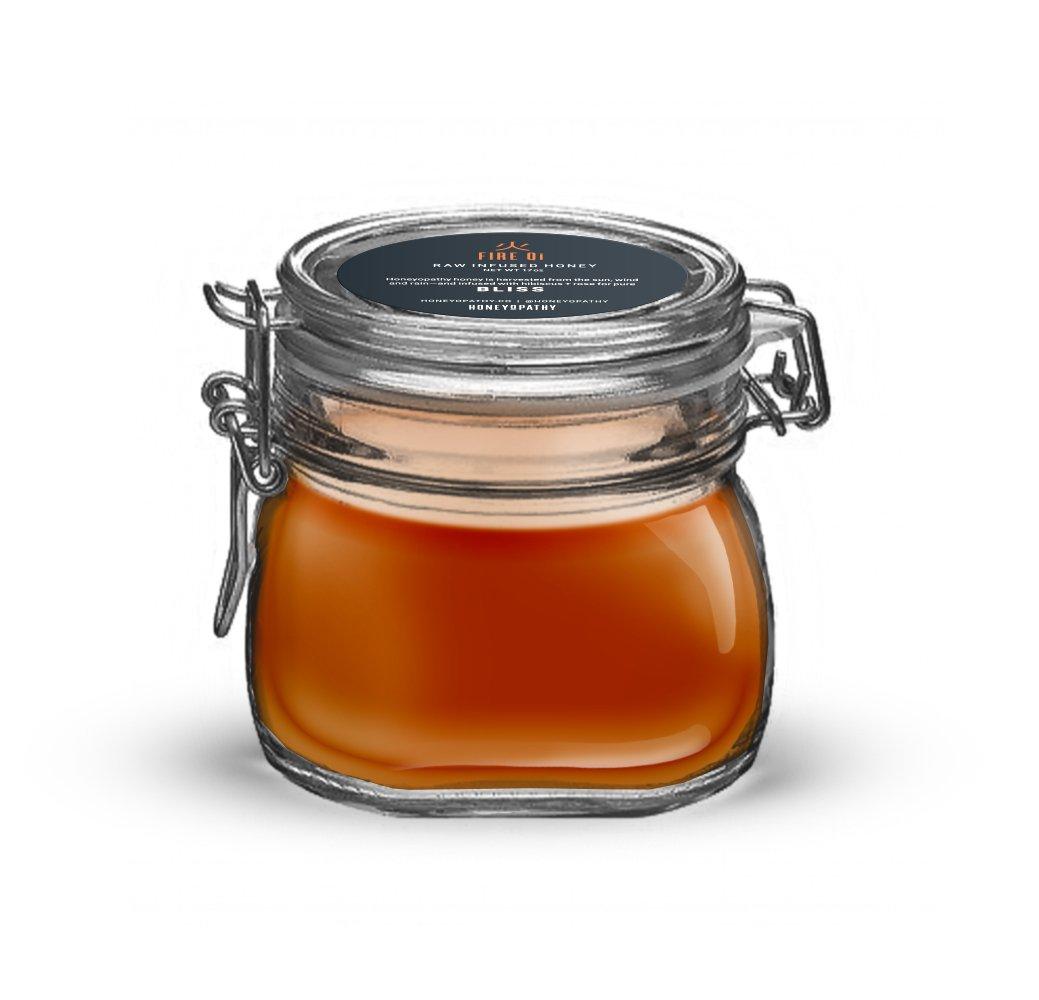

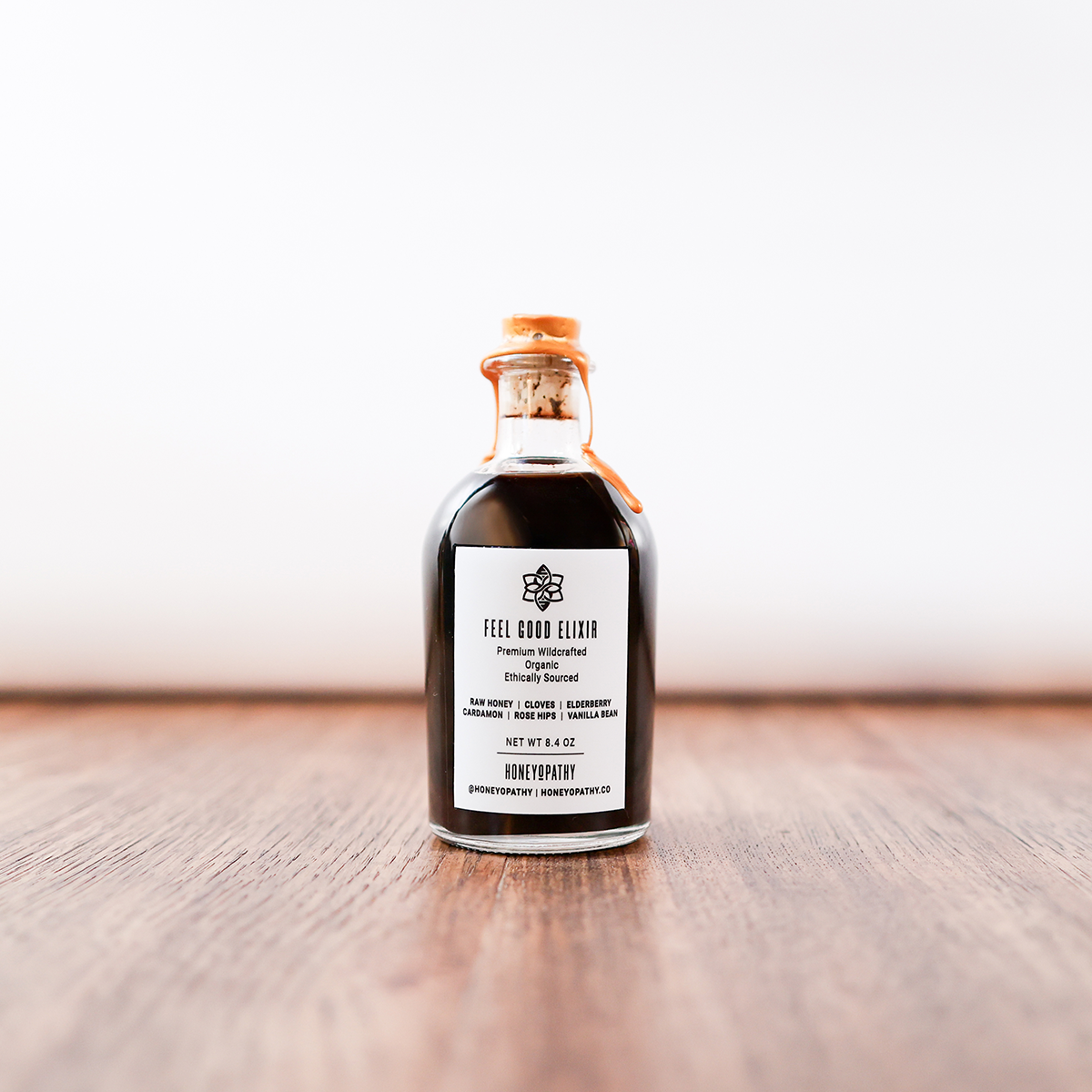
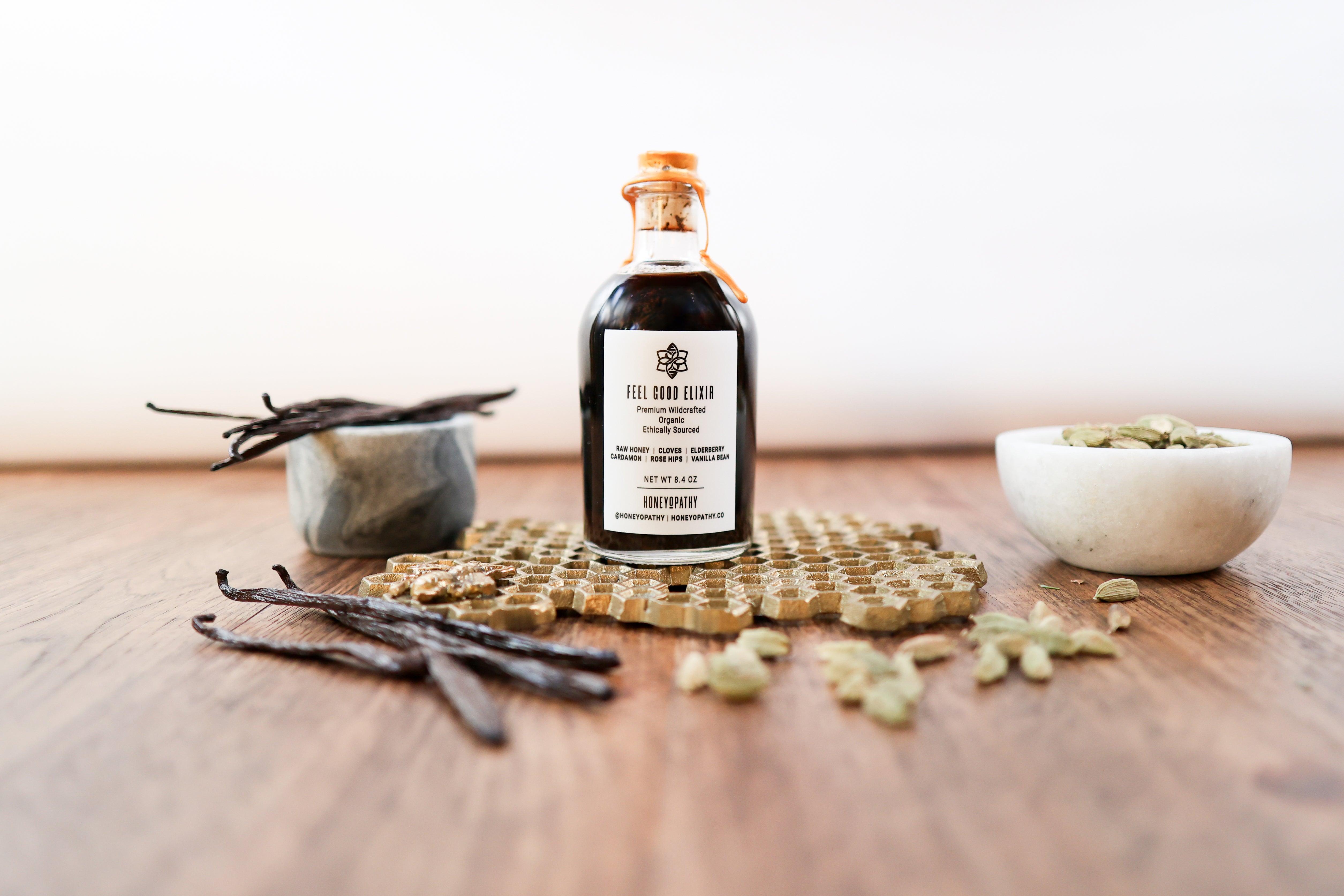
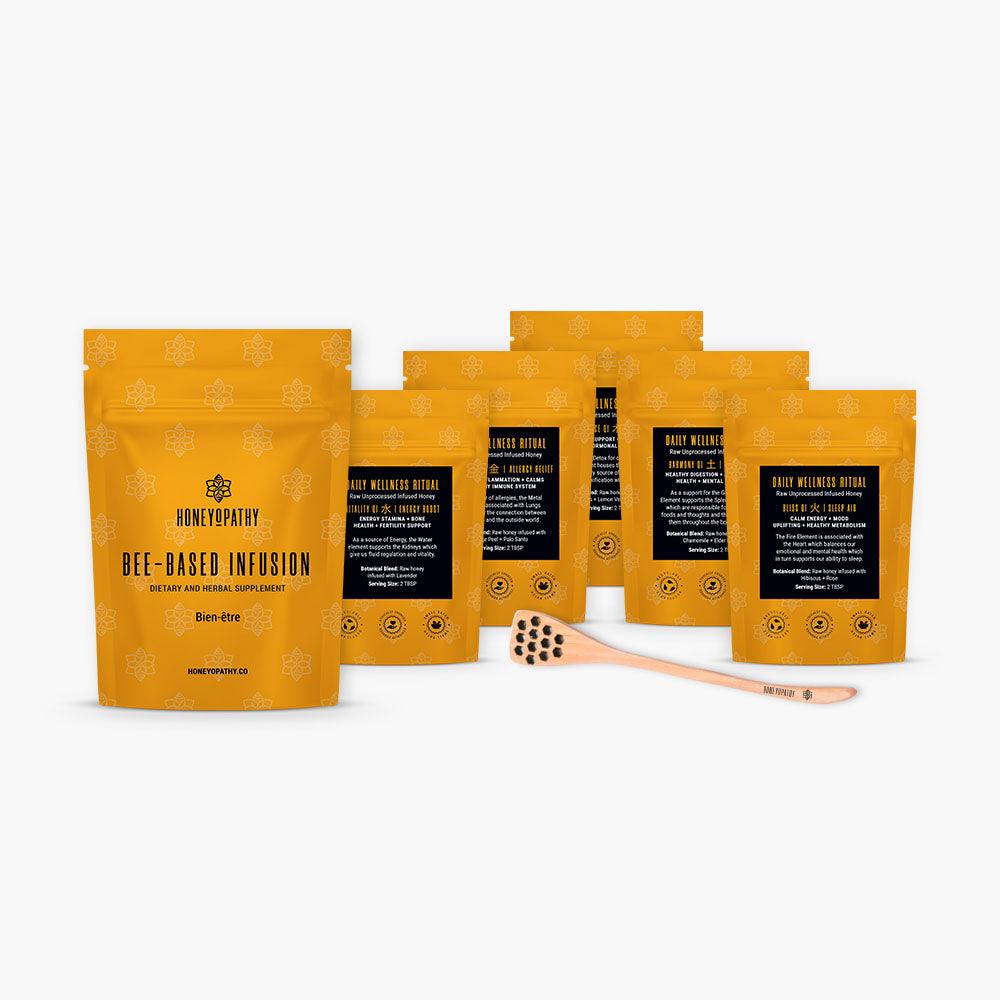
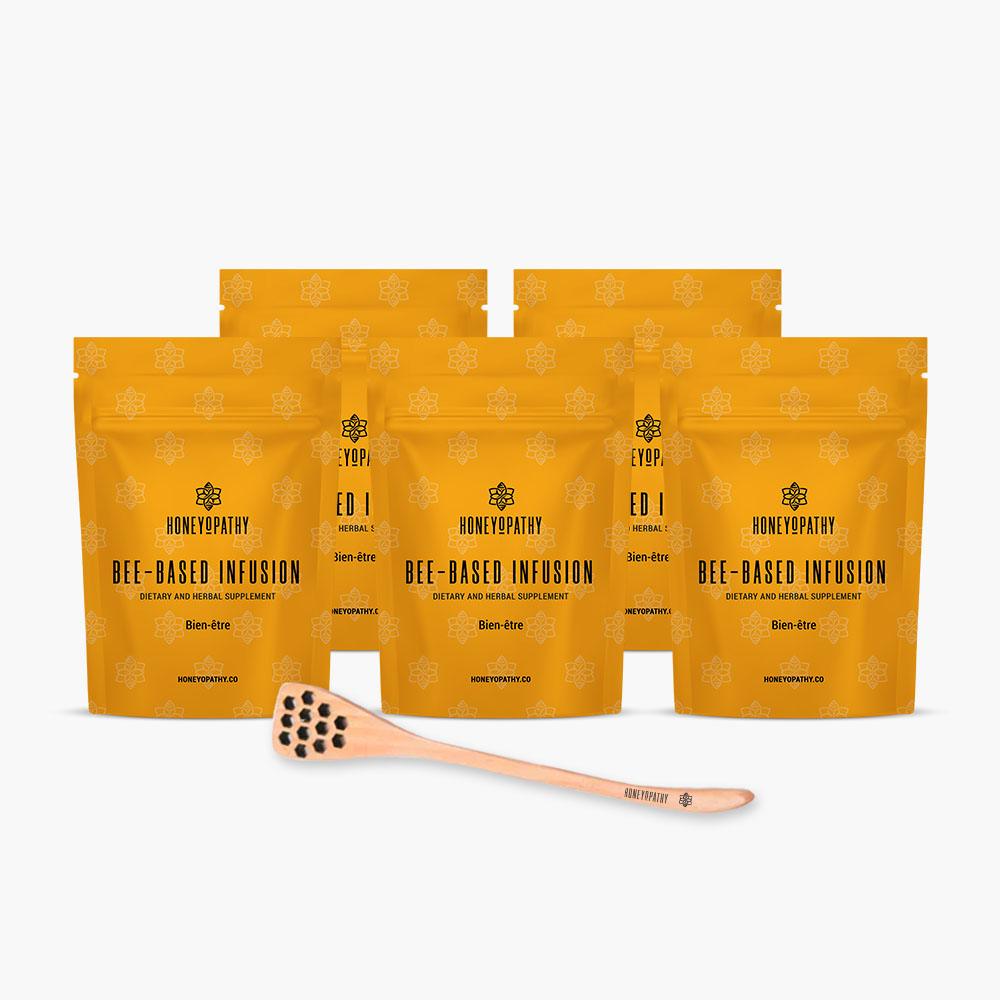
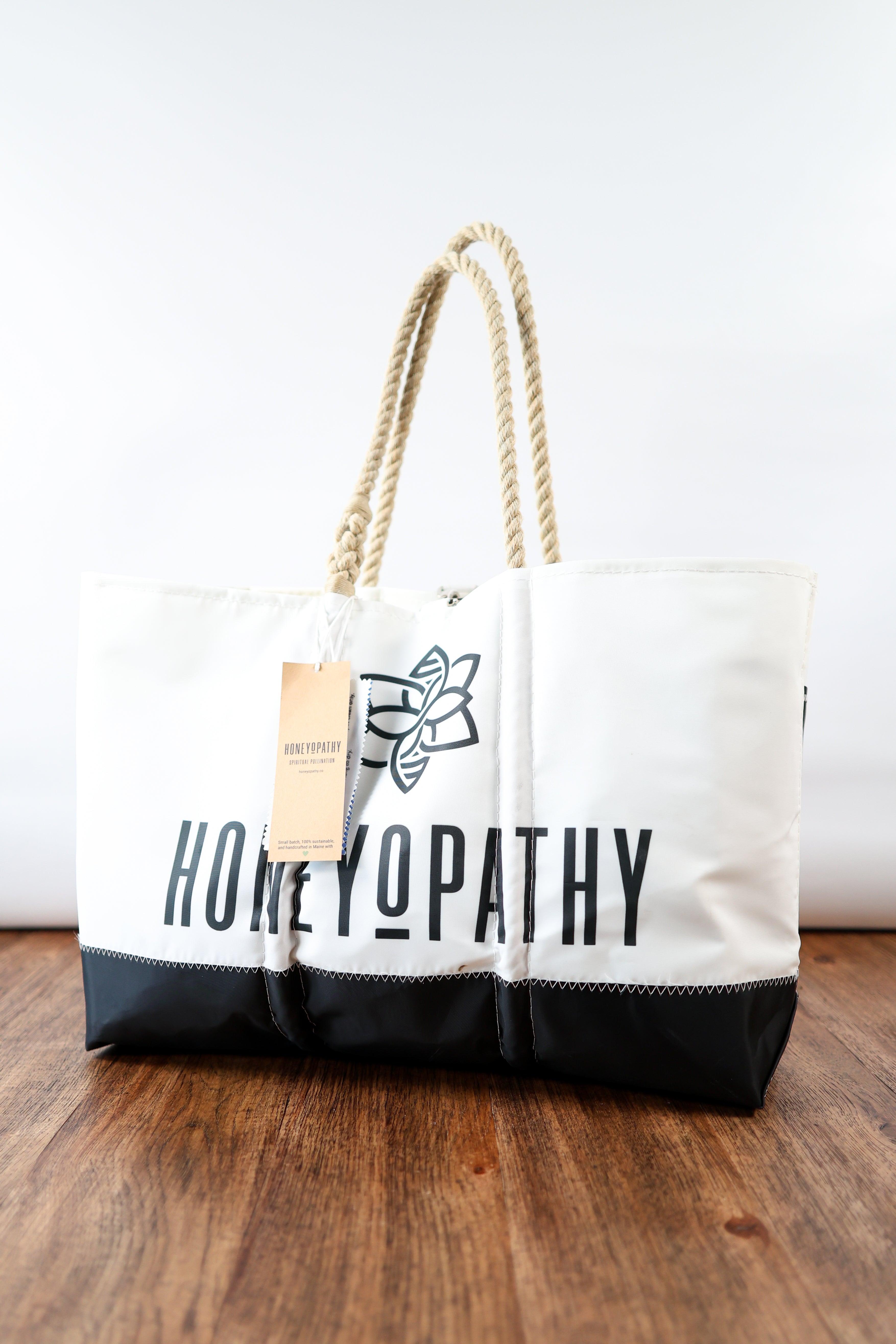
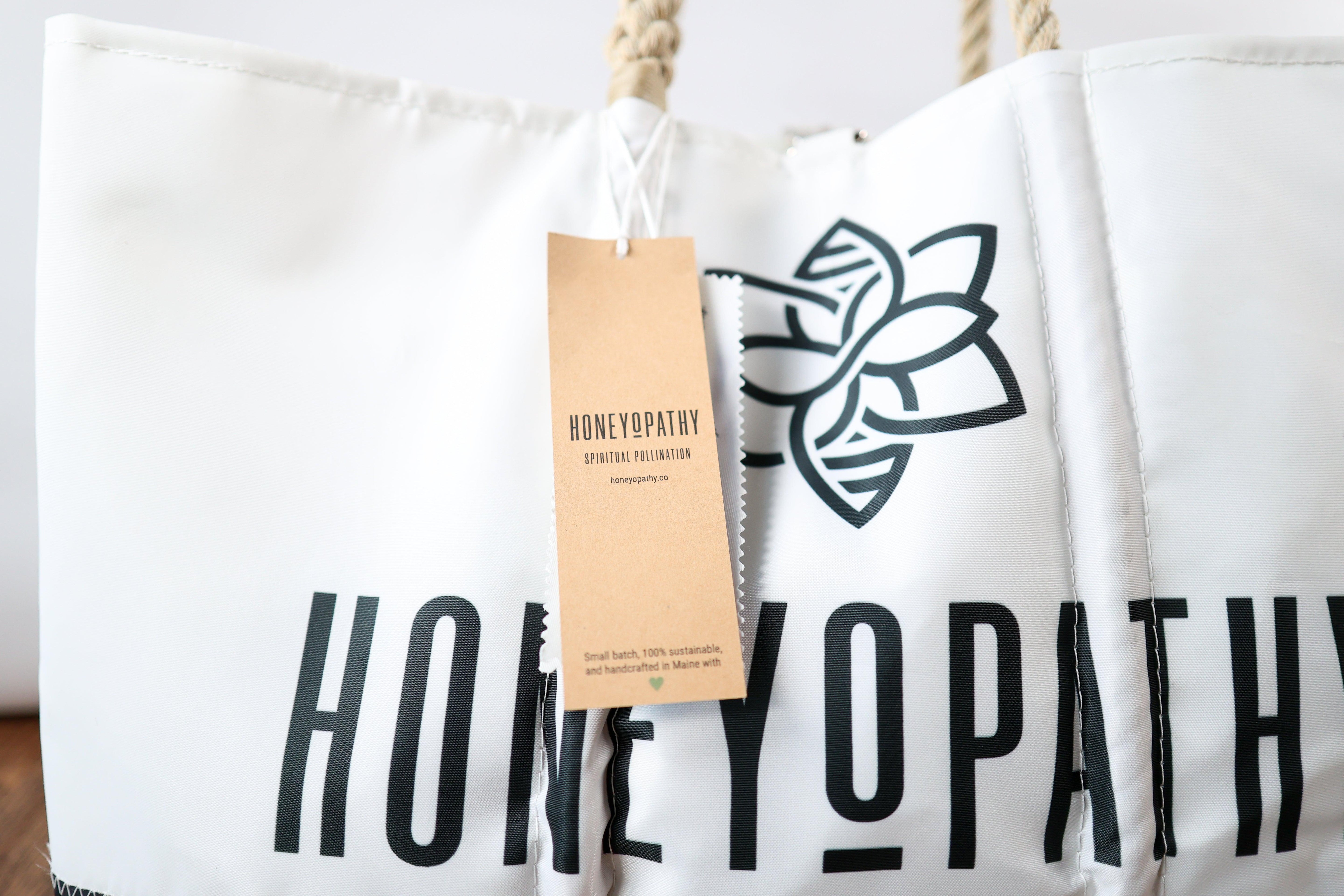

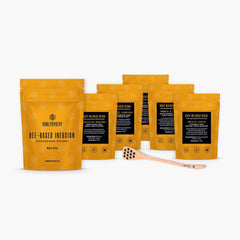

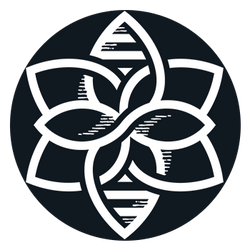






Leave a comment